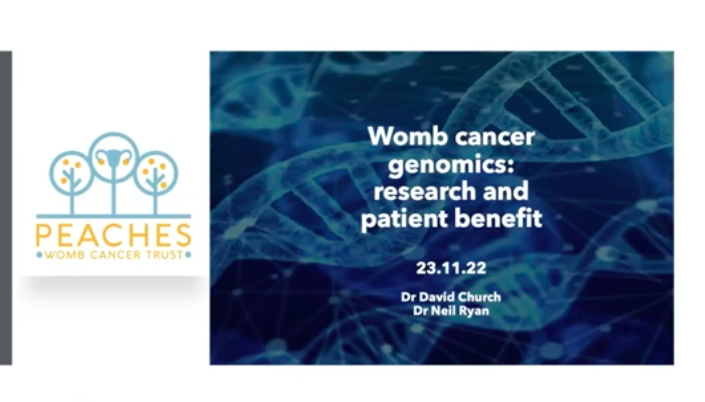it may be appropriate to consider categorizing Lynch syndrome as 4 distinct syndromes based on the specific altered MMR gene, as occurs for the recessive syndromes associated with MUTYH, NTHL1, and MBD4base excision repair glycosylases. The varying carcinogenic mechanisms and associated cancer risks indicate the need for gene-specific surveillance recommendations in Lynch syndrome. Moreover, the growing understanding of gene-specific differences will likely affect treatment options and efficacy of Lynch syndrome vaccines.
Category: Uncategorized
GE Notes – Lynch Syndrome
Genomic Notes for Clinicians
Page contents:
- Clinical features
- The genetics of Lynch syndrome
- Diagnosis and management of Lynch syndrome
- Resources
https://www.genomicseducation.hee.nhs.uk/genotes/knowledge-hub/lynch-syndrome/
The ins and outs and ups and downs of a colonoscopy
Having experienced aprox 15 colonoscopies during which polyps were removed I can confirm that they were all painless procedures.
Life-saving NHS test helping to diagnose thousands with cancer-causing syndrome
A life-saving NHS testing programme is helping to diagnose thousands of people with a genetic condition that increases the chance of developing cancer.
The health service has begun rolling out a genetic test for Lynch syndrome, an inherited condition that increases the risk of certain cancers, including bowel, ovarian and pancreatic.
It is estimated that 1 in 400 people in England have Lynch syndrome (equivalent to around 175,000 people), but just 5% are aware they are living with the condition.
This cutting-edge genetic test is helping to identify thousands of people who are living with Lynch syndrome – meaning we can work with them to reduce their risk of cancer, and provide more personalised and effective treatment if they do need it.
People with Lynch syndrome are more likely to develop multiple cancers and be diagnosed at a younger age. For example, bowel cancer is most common in those aged over 50 but in someone younger, it may be a sign of Lynch syndrome.
The NHS is now able to identify the condition through a simple blood test, which then goes through a regional genomic laboratory hub, is sequenced, and then sent back to the referring clinician.
A positive diagnosis also means doctors can improve the chances of staying cancer free with interventions like aspirin, which can reduce the risk of bowel cancer developing by up to 50 per cent, regular colonoscopies to check for changes to healthy cells and offering women preventative gynaecological surgery.
Transforming Lynch Syndrome Limitations Into Opportunities
“I had to transform my challenges into opportunities.”
The key to focus on when we are confronted with challenges is to become focused on what is possible rather than what is not.
https://www.curetoday.com/view/transforming-lynch-syndrome-limitations-into-opportunities
Calling on all people with #LynchSyndrome
March 22nd is #LynchSyndromeAwarenessDay Join forces and help make LS visible #LetsGoDotty for Lynch! Take part by wearing something dotty and posting your pics. Together we can make a difference #TeamLynch
“I was told I was too young for it to be that”
Prepping for a Colonoscopy: Tips from The Colonoscopy Queen
“I have had more colonoscopies at Mayo Clinic than I can count — they are not a big deal. One of the most significant issues I hear people complain about is the liquid prep, which cleans out your colon.”
I’ve had many colonoscopies over the last two decades, so here are my tips for preparing for and going through the procedure.
https://www.curetoday.com/view/prepping-for-a-colonoscopy-tips-from-the-colonoscopy-queen
The NICHE-2 Study Discussion with Dr. Myriam Chalabi
https://www.nejm.org/doi/full/10.1056/NEJMoa2211437
Conclusions: Among patients with resectable stage III or IV melanoma, event-free survival was significantly longer among those who received pembrolizumab both before and after surgery than among those who received adjuvant pembrolizumab alone. No new toxic effects were identified.
Womb Cancer Genomics – Research and Patient Benefit
Peaches Womb Cancer Trust is proud to present part one of their womb cancer genomics webinar. Originally aired in November 2022.
With Dr Neil Ryan, who shares his wealth of expertise in Lynch Syndrome.
Note: Can be viewed on You Tube
For more information on the topics discussed, please visit:
https://peachestrust.org/peaches-pati…







